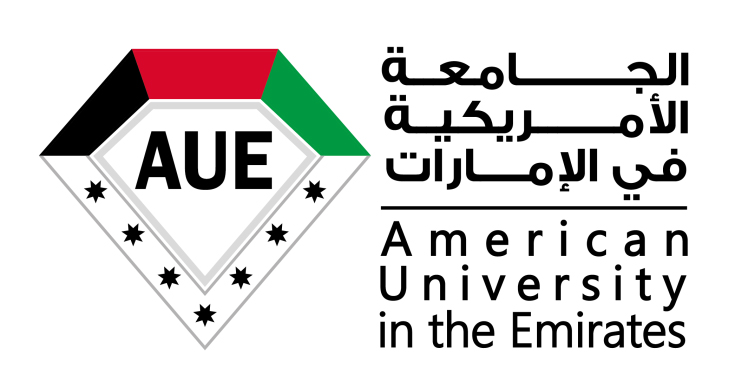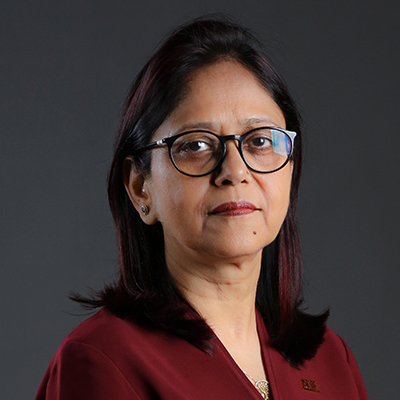

Dr. Abhilasha Singh
Professor, American University in the Emirates
This project focuses on developing and integrating a decentralized waste segregation technology tailored for high-rise buildings with chute-based disposal systems. By combining an AI-driven material classification tool with a patented waste segregation system, the solution achieves near- 100% accuracy in recycling at the source. The system incorporates personalized incentives to enhance community participation, addressing key challenges such as contamination and high logistics costs associated with conventional waste management. Leveraging advanced robotics and AI, the project aims to support a financially viable circular economy while minimizing environmental impact.
Aligned with the goals of Dubai’s Future Foundation’s RDI Grant Program, the project enhances urban sustainability through data-driven technologies and social engagement. By integrating adaptable hardware into existing residential infrastructures, it aligns with smart city initiatives to improve recycling rates and reduce pollution, with broader public health benefits. The project emphasizes sustainable waste management in high-density urban environments, optimizing resources and reducing environmental footprints.
The interdisciplinary collaboration includes American University in the Emirates (AUIE), Khalifa University (KU), and Cycled Technologies Middle East, supported by partnerships with Dubai Municipalities and real estate developers like Dubai Holding. This team ensures a comprehensive approach to designing, implementing, and scaling the technology.
Key deliverables include: (1) a smart waste segregation system integrated into high-rise building infrastructures, (2) a personalized recycling incentive platform, (3) pilot implementations in Dubai, (4) data-driven insights on user engagement and recycling incentives, and (5) technical and commercial case studies for policy and commercialization support.
This innovative approach integrates decentralized segregation and AI-powered incentives, offering a scalable and efficient alternative to traditional centralized systems. Its successful implementation could help achieve Dubai’s 90% waste diversion goal by 2030 and provide a replicable model for sustainable waste management globally.